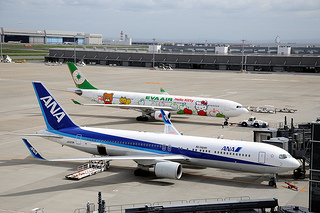Nice comparison chart from Jo Jorgensen campaign (via reddit):
Of course she says nothing sensible about land rent and who’s entitled to collect it, but I’m gonna support her until I find a candidate who does.

We hear that corporate tax rates, at 35% (federal), are too high and need to be reduced so U S companies can be competitive. I remain confident that the best way to fund public services is thru a tax on land value and other measures of privilege, but if any kind of corporate tax is to be retained, here are a few things to consider:

A new report “Copyright Industries in the U S Economy” has been released by the IIPA (A conspiracy of seven associations of copyprivilege holders). I should read and review it, but I could not do a better job than Mike Masnick, so read his review and the comments thereon. Of course, IIPA and its members probably have several staff and/or automatons, whose duties include responding to constructive comments. Fortunately, they get responded to in turn.
Like the man said
“In order to preserve and enhance jobs, exports and economic contributions, it is critical that we have strong legal protections for U.S. creativity and innovation in the U.S. and abroad.”
Which means creators need to be free to create, with strong legal protection against those who would try to prevent their use of ideas which may have been touched by others.

Entrenched U S carrier Delta Airlines complains that their foreign competitors can buy Boeing jets cheaper than Delta can. Why? Because the federal Export-Import Bank offers loan guarantees, intended to make Boeing’s products more cost-competitive in the international marketplace, particularly against Airbus.
Of course this is a case where we might be better off allowing the “free market,” whatever that is, to set the cost of financing. Abolish the ex-im bank, let manufacturers offer subsidized financing from their own resources if they wish, and don’t worry about the “balance” of trade. But Boeing has sufficient political power that is unlikely. Perhaps some favors will be offered to Delta, who doubtless also has political friends, in order to get them to drop the suit or minimize its practical impact.
As some indicator of the likely outcome, Influence Explorer says that Delta spent $4,154,382 on lobbying during the most recent reporting period, whereas Boeing spent $24,120,000.